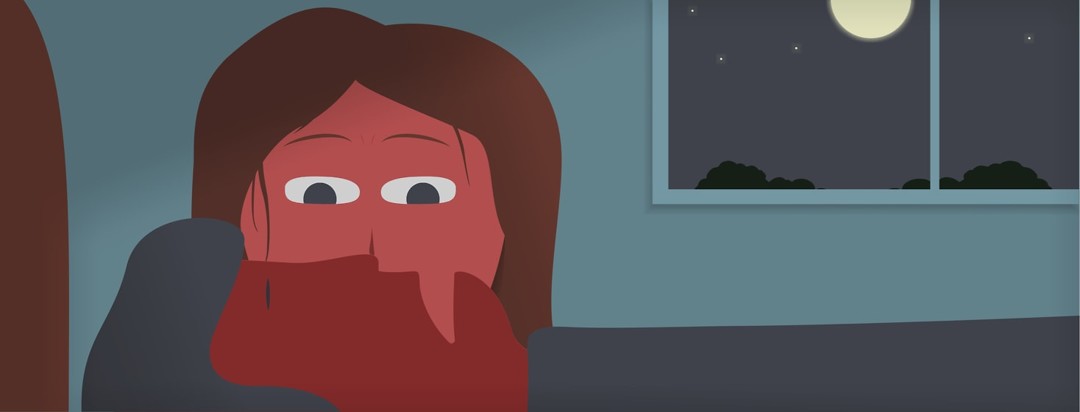Regular Snoring or Sleep Apnea? What's the Difference?
Snoring is a main symptom of sleep apnea, but snoring alone does not mean you have sleep apnea. About 90 million Americans snore regularly, and around half of those have sleep apnea.1
Normal snoring is not harmful. It happens when the throat relaxes during sleep to partially block the airway. This causes the vibrations that make snoring noises. Snoring can be caused by many different genetic, anatomic, or lifestyle factors.
But sleep apnea can be a much more serious condition. It is characterized by pauses in breathing or shallow breathing during sleep. When gone untreated, sleep apnea leads to sleeplessness and other health issues. But it can be treated once a doctor has determined the causes.
Knowing the difference between regular snoring and sleep apnea can help you or your loved one get the right treatment. If you think you may have sleep apnea, you can talk to your doctor about meeting with a sleep specialist.
Signs that snoring is a symptoms of sleep apnea
In general, people who snore loudly and frequently may be experiencing sleep apnea. Here are some signs that snoring may be caused by sleep apnea:1,2
- Deeper and more audible snores
- Pauses in breathing
- Gasping or choking during sleep
Sleep apnea affects sleep quality. This is because pauses in breathing usually wake you to resume breathing. Interrupted sleep may cause these additional symptoms for people with sleep apnea:1,2
- Morning headaches
- Restless sleep
- High blood pressure
- Excessive daytime sleepiness
- Changes in ability to pay attention
When snoring is sleep apnea in children
Sometimes, snoring may indicate pediatric sleep apnea. If untreated, it can cause disrupted sleep and interfere with cognitive development. Your child’s snoring may be caused by sleep apnea if they:3,4
- Gasp or breathe laboriously in their sleep
- Walk in their sleep
- Struggle with bedwetting
- Show behavior problems during the day
How to prepare to speak to your doctor about sleep apnea
If you notice that you or your loved one snores regularly and shows any of these symptoms, you should contact your primary doctor. Normal snoring is harmless, but sleep apnea should not be left untreated. Sleep loss from sleep apnea can cause increased stress, weight gain, memory loss, and depression. And oxygen complications caused by sleep apnea may increase the risk for heart attack, stroke, type 2 diabetes, and pancreas damage.5
Fortunately, sleep apnea can usually be treated once it has been diagnosed by a doctor. You can call your doctor to set up an appointment. Bring a record of your sleep with you, such as a journal of sleep time, fatigue levels, and other symptoms. You may want to ask a friend or partner to help identify symptoms.5
After you talk to your primary doctor, they may refer you to a sleep specialist. The specialist can set up a sleep study to determine if you have sleep apnea. If you have sleep apnea, your doctor may recommend treatments such as lifestyle changes or breathing devices. If you do not have sleep apnea, your doctor can also recommend ways to reduce snoring.2

Join the conversation